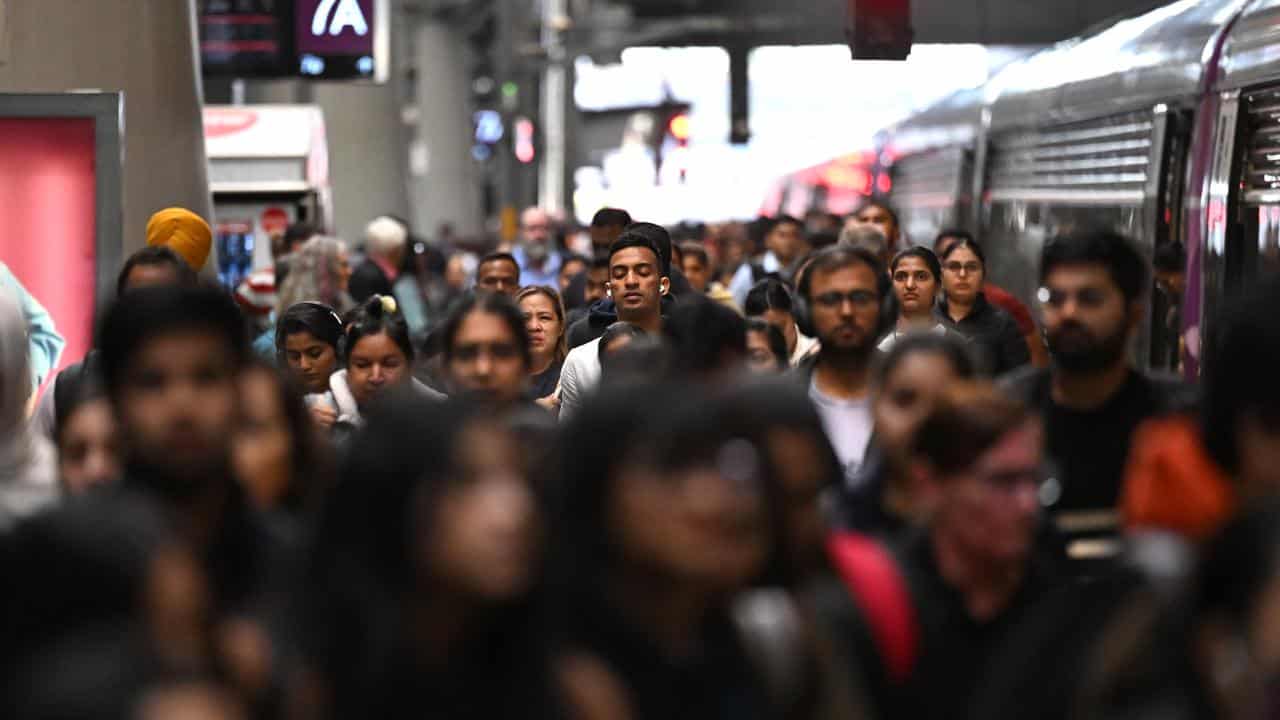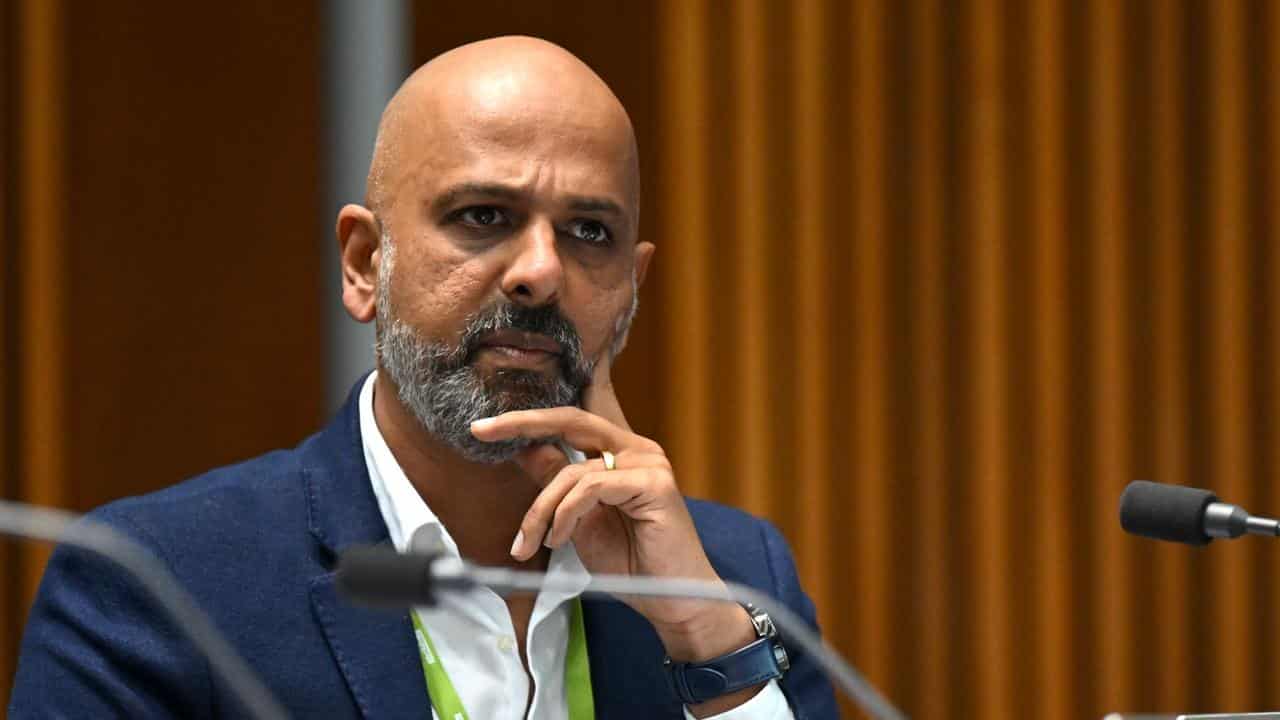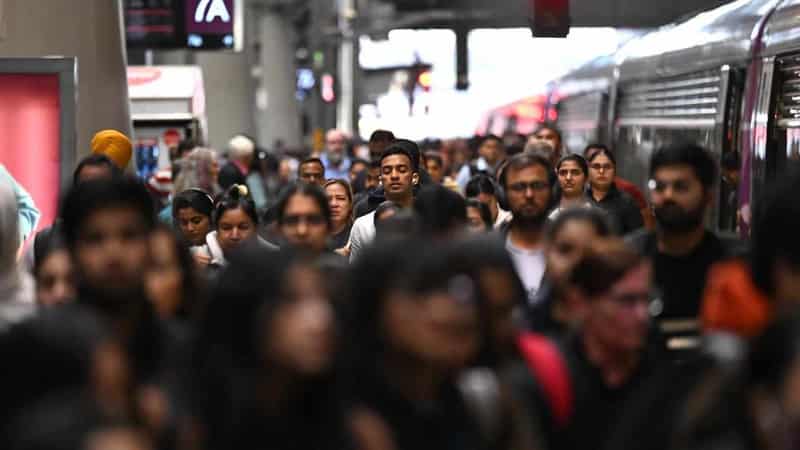
Heartbreaking accounts have convinced the human rights watchdog racism is entrenched in the Australian community, with a society-wide response needed to stop the marginalisation.
Systemic experiences of racial discrimination at health services, schools, workplaces and when interacting with police have led the Australian Human Rights Commission to double down on calls for a National Anti-Racism Framework.
Respondents reported feeling that their cultural background affected the quality of health care they received from professionals, while others said they felt unsafe at school due to teachers discriminating.
Racism was prevalent regardless of age, sexuality, faith, disability or cultural background, the commission found.
Race Discrimination Commissioner Giridharan Sivaraman said the first-hand accounts revealed racism in Australia was "ubiquitous, insidious and profoundly damaging".
“The racism described is more than hurtful words being said to someone … it is systemic, often involving dealings with some level of authority, whose power determines access to opportunities, basic needs, services, or justice,” he said.

“Racism seeps into almost every aspect of people’s lives, and in ways that have become so normalised that victims don’t feel they can talk about it … everyday racism is hidden in plain sight.”
The Federation of Ethnic Communities Councils of Australia (FECCA) consulted with 860 participants for the report, commissioned by the Australian Human Rights Commission.
One respondent said they received one in 10 job interview opportunities before they changed their name when getting married, after which they received 10 out of 10 interviews.
Another said they were often suspected of stealing at the chemist, denying them the chance to access essential medicine.
The report's 11 recommendations included the government committing to a whole-of-society anti-racism agenda, with public and private institutions urged to have discrimination policies in place including preventative and redress mechanisms.
Council chairman Carlo Carli said a national anti-racism framework could “dismantle” the entrenched problems.
“The courage of those who shared their stories should compel all of us to confront and address the systemic nature of racism in Australia,” he said.
Both governments and the media fostered a culture of silence when they ignored or minimised racism, the human rights commission said.
The report will influence the National Anti-Racism Framework the commission is due to hand to the government on November 26.









